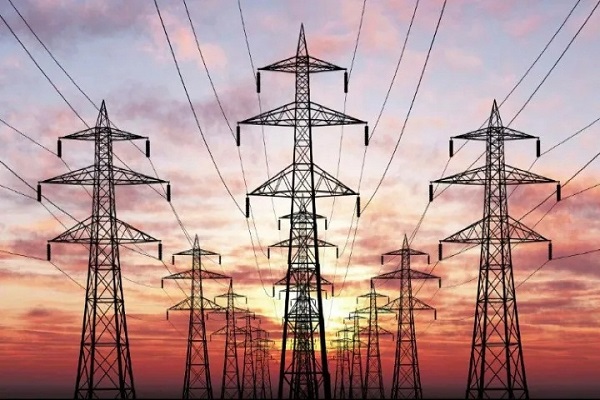New Delhi, (Asian independent) The Supreme Court on Tuesday ruled that the Delhi Electricity Regulatory Commission (DERC), the electricity regulator, cannot revise or re-determine the already fixed power tariff for discoms in the guise of prudence check and truing up.
A bench of Justices S.A. Nazeer and Krishna Murari said: “Revision or redetermination of the tariff already determined by the DERC on the pretext of prudence check and truing up would amount to amendment of tariff order, which is not permissible in law.”
“Truing up stage is not an opportunity for DERC to re think de novo the basic principles, premises and issues involved in the initial projection of the revenue requirements of the licensee,” it added.
The bench pointed out that re-determining the already fixed power tariff for discoms on the pretext of “prudence check and truing up”, would lead to amendment in rates to be charged from customers.
It noted that a prudence check is not a mere accounting or mathematical exercise, and requires a scrutiny of reasonableness of the expenditure incurred or proposed to be incurred by the discoms and also such other factors that the DERC considers appropriate for determination of tariff.
The bench noted that the revision or re-determination of the tariff already determined by the DERC on the pretext of prudence check and truing up would amount to amendment of the tariff order, which can be done only as per the provisions of sub section (6) of Section 64 of the 2003 Act within the period for which the tariff order was applicable.
“In our view, the DERC cannot amend the tariff order for the period 01.04.2008 to 31.03.2010 in the guise of ‘true up’ after the relevant financial year is over and the same is replaced by a subsequent tariff order. This would amount to a retrospective revision of tariff when the relevant period for such tariff order is already over. Therefore, we hold that it is not permissible to amend the tariff order made under Section 64 of the 2003 Act during the ‘truing up’ exercise”, said the bench, in its 54-page judgment.
The top court allowed private discoms BSES Yamuna Power Ltd and BSES Rajdhani Power’s appeals challenging certain findings of the Appellate Tribunal for Electricity (APTEL) in a 2014 judgment by which the downward revision of electricity tariff by the DERC was upheld.
The discoms contended that since privatisation, the aggregate revenue requirement (ARR) determined by the DERC was not even sufficient to meet the actual power purchase cost which has led to creation of a huge revenue gap.
The appellants contended the DERC, which fixes the power tariff, in repeated disregard to its statutory regulations and its own statutory advice, has refused to make periodic increases in the tariff rate. The discoms claimed that actions of the DERC have resulted in a situation where they are deeply indebted and have been forced to borrow/take loans to fund their day-to-day operations which, in turn, have also dried up leaving them without adequate monies to pay their suppliers.
The tariff appeals were filed before the APTEL challenging DERC’s certain findings in the tariff order of August 26, 2012 for truing up of financials for financial year 2008-09 and ARR for financial year 2011-12.
The top court said: “It is not permissible to amend the tariff order during true up exercise. On the pretext of prudence check and truing up, DERC could not have amended the tariff order.”
“We hold that the appellants are entitled to recover interest on Consumers Security Deposit as held by the DPCL (Delhi Power Corporation Ltd). We direct the DERC to allow the interest on Consumers Security Deposit held by the DPCL and impact thereof to the appellants. The findings of the DERC and the APTEL in this regard are set aside.”








